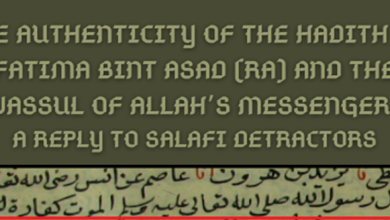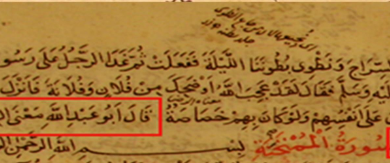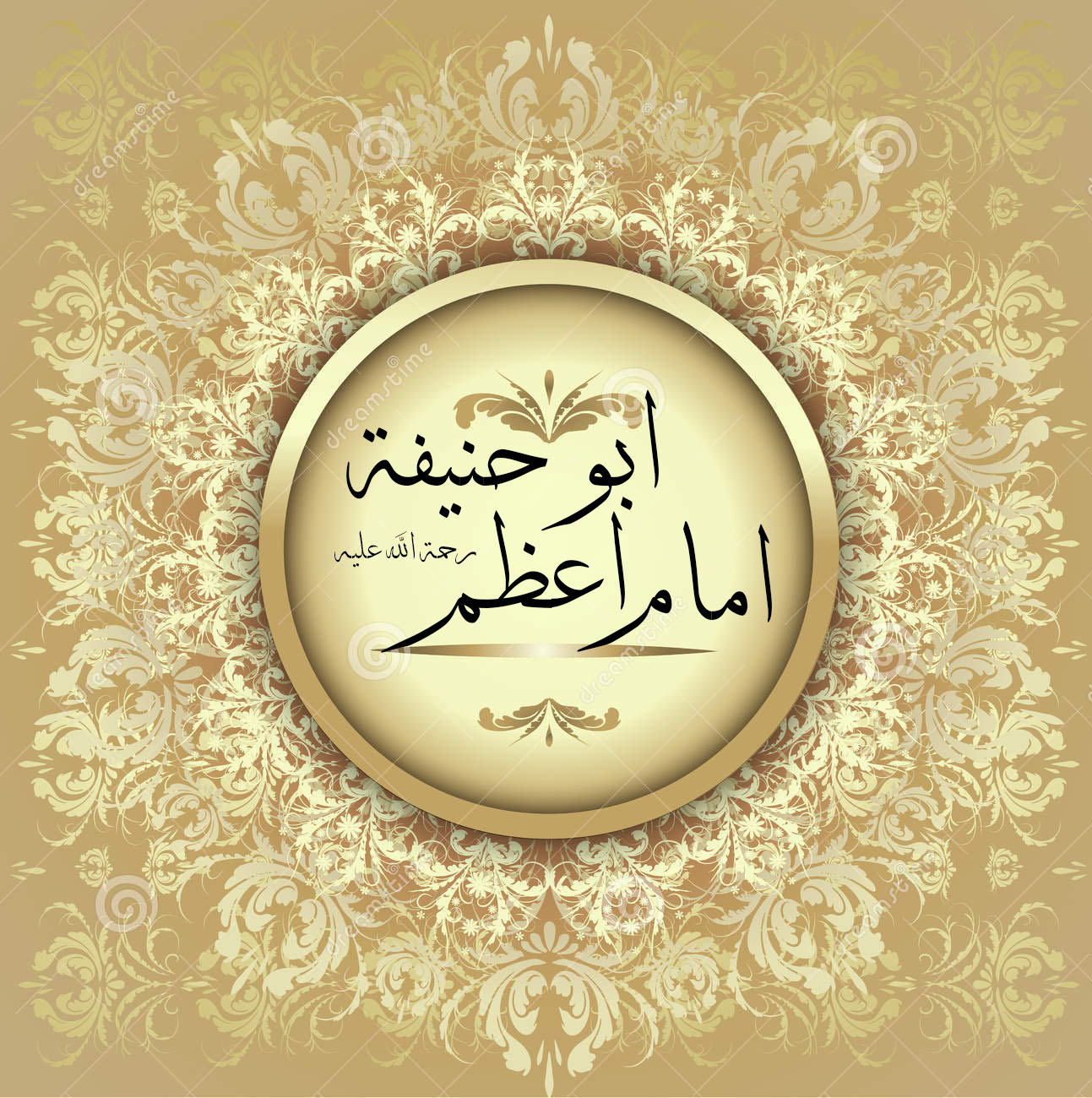On Imam Abu Hanifah being the Most Learned of his Time
On Imam Abu Hanifah being the Most Learned of his Time
by Shaykh Zafar Ahmad ‘Uthmani (d. 1974)
Translated by Shaykh Zameelur Rahman
Hafiz al-Sam‘ani said in al-Ansab under the biography of Imam Abu Hanifah:
He occupied himself in seeking knowledge, and he excelled therein until he accomplished what others had not accomplished. One day he entered upon al-Mansur, while ‘Isa ibn Musa was with him, and he said to al-Mansur: “This is the scholar of the world today.” (p. 247)
‘Allamah Hafiz al-Mizzi said in Tahdhib al-Kamal:
Makki ibn Ibrahim mentioned Abu Hanifah and said: “He was the most learned of the people of his time.”
This is from the marginalia of Tahdhib al-Tahdhib (10:451).
I say: This Makki ibn Ibrahim is from the senior teachers of al-Bukhari, and most of his three-narrator-chains are from him.
Abu Yusuf al-Qadi said: “I have not seen one more learned in the exegesis of hadith than Abu Hanifah.”
Yazid ibn Harun said: “I met a thousand men, and I wrote from most of them. I have not seen from them [anybody] with more understanding (fiqh), nor more scrupulous, nor more learned, than five. The first of them is Abu Hanifah.” Al-Qurashi related it in al-Jawahir al-Mudiyyah, transmitting from the book Jami‘ al-‘Ilm by Ibn ‘Abd al-Barr. (1:29)
Al-Khatib narrated from Ahmad ibn Muhammad al-Balkhi, he said: I heard Shaddad ibn Hakim say: “I have not see one more learned that Abu Hanifah.”
He narrated from Ibn al-Mubarak, he said: “I saw al-Hasan ibn ‘Umarah grasping the riding animal of Abu Hanifah saying: ‘By Allah we have not met anyone who speaks on jurisprudence with more eloquent and more concise answers than you, and indeed you are incontestably the master of those who expound on it in your time, and they do not speak ill of you but out of jealousy.’”
And [al-Khatib narrated] from Muhammad ibn Salamah, he said: Khalf ibn Ayyub said: “Knowledge was transferred from Allah (Exalted is He) to Muhammad (Allah bless him and grant him peace), and was then transferred to his companions, and was then transferred to Abu Hanifah and his companions.”
Al-Khatib narrated from Muhammad ibn Sa‘d, the scribe, he said: I heard ‘Abd Allah ibn Dawud al-Khuraybi say: “It is incumbent on the adherents of Islam to supplicate for Abu Hanifah in their prayer.” He said: “Then he recollected his preservation for them of the traditions and jurisprudence.”
All of this was related by al-Suyuti in Tabyid al-Sahifah.
Imam Abu Ja‘far al-Shizamari narrated from Shaqiq al-Balkhi that he would say: “Imam Abu Hanifah was from the most scrupulous of people, most learned of people and the most devout of people.”
He also narrated with his chain to Ibrahim ibn ‘Ikrimah al-Makhzumi (Allah – Exalted is He – have mercy on him) that he would say: “I have not seen a scholar more scrupulous, or more ascetic, or more learned, than Imam Abu Hanifah.”
Al-Shizamari also narrated from ‘Abd Allah ibn al-Mubarak, he said: “I entered Kufah and I asked its scholars, saying: ‘Who is the most learned of the people in these lands of yours?’ All of them said: ‘Imam Abu Hanifah.’ So I said to them: ‘Who is the most devout of them and most involved in knowledge?’ They all said: ‘Imam Abu Hanifah.’ I did not ask them about a trait from the traits of virtue, except they all said: ‘We know of no one imbibing that [characteristic] besides Imam Abu Hanifah.’” This is from al-Mizan by al-Sha‘rani (p. 58).
Al-Khatib narrated from Rawh ibn ‘Ubadah, he said: “I was with Ibn Jurayj in the year 150 H and the death of Abu Hanifah reached him, whereupon he said: ‘Verily, to Allah we belong and to Him we return,’ and he expressed grief, and he said: ‘What knowledge has gone!’” This is from Tabyid al-Sahifah (p. 16).
When his death reached Shu‘bah, he said: “Verily, to Allah we belong and to Him we return,” and he said: “The light of knowledge has been extinguished from Kufah. Be sure, they will never see the like of him.” This is from al-Khayrat al-Hisan (p. 71).
I say:
It is not hidden that knowledge in that time was nothing besides knowledge of the Qur’an and hadith, as said by the great scholar, Hafiz al-Dhahabi, in Tadhkirat al-Huffaz: “Logic, dialectics and the philosophy of the ancients were not, by Allah, from the sciences of the Sahabah, Tabi‘in and al-Awza‘i, al-Thawri, Malik and Abu Hanifah. Rather, their sciences were the Qur’an, hadith and their likes.” (1:192)
Hence, the most learned of them at that time was the most learned of them of the Qur’an and hadith. Thus, it is established Abu Hanifah had expansive knowledge, with a long hand, in hadith. And that which proves this explicitly is to come [later in the book].
(Abu Hanifah wa Ashabuhu l-Muhaddithun, Idarat al-Qur’an wa l-‘Ulum al-Islamiyyah, 1427 H, pp. 11-12)





